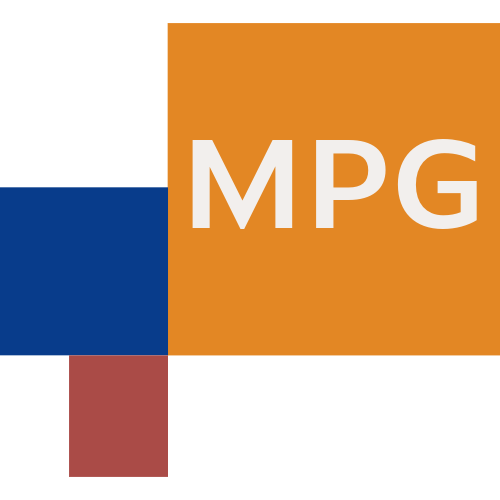How Rising Regulation and Public Scrutiny Are Transforming Boardrooms
In today's fast-moving world, being a board member means a lot more than attending meetings and voting on proposals.
As we head deeper into 2025, the expectations for board accountability are higher than ever — and the consequences of falling short are far more serious.
At Governancepedia, we explore how governance practices are evolving, helping organizations stay ahead of rising standards and public expectations. 🌟
Let’s dive into how regulations, transparency demands, and new public expectations are reshaping boardrooms everywhere.
📈 Why Accountability Is Taking Center Stage
Accountability has always been a cornerstone of good governance — but today, it's non-negotiable.
According to PwC’s recent report on Board Accountability Trends, several key forces are driving this shift:
✅ Increased regulatory scrutiny: New laws and regulations are expanding board responsibilities around ESG (Environmental, Social, Governance) reporting, cybersecurity, and corporate ethics.
✅ Investor activism: Shareholders are no longer passive — they are demanding transparency, better oversight, and ethical leadership.
✅ Public expectations: Customers, employees, and the broader public are holding companies (and their boards) to higher social and ethical standards.
✅ Global interconnectedness: A misstep in one country can have global consequences — making governance a worldwide priority.
Boards are no longer just strategic advisors; they are stewards of integrity, accountability, and public trust. 🌎🛡️
🔥 What Accountability Looks Like in 2025
Modern board accountability isn't about micromanaging — it's about proactive, transparent leadership.
Here’s what’s expected today:
🔹 Deeper oversight of risk: Boards must actively engage in understanding emerging risks (like cybersecurity threats or climate-related financial impacts).
🔹 Authentic ESG leadership: It’s not enough to “have a policy.” Boards must champion sustainability, diversity, and social impact initiatives — and demonstrate real results.
🔹 Transparency with stakeholders: Regular, honest communication with shareholders, customers, employees, and the public is key.
🔹 Responsiveness to misconduct: Boards must act swiftly and visibly in the event of corporate misconduct — there is zero tolerance for cover-ups or slow reactions.
🔹 Board self-evaluation: Regular assessments of board effectiveness and independence are becoming the norm — not the exception.
Accountable boards are not reactive — they are resilient, responsible, and ready. 🧠
🛡️ How Governancepedia Helps Organizations Adapt
At Governancepedia, we provide the knowledge, resources, and tools organizations need to thrive in this new era of governance:
✅ Educational Insights: In-depth articles and guides on evolving governance expectations.
✅ Best Practice Frameworks: Tools and templates to help boards assess and improve their accountability practices.
✅ Global Trends Monitoring: Updates on major governance developments from regulatory bodies around the world.
✅ Real-World Case Studies: Learning from successes — and failures — of others.
We believe smart governance isn't just about compliance — it's about building organizations that people trust, invest in, and champion. 🌟
Ready to Lead with Confidence in 2025?
👉 Stay ahead of governance changes with Governancepedia — your resource for better, smarter board practices:
Visit Governancepedia Today
Because in 2025 and beyond, accountability isn’t just expected — it’s demanded. 🚀

